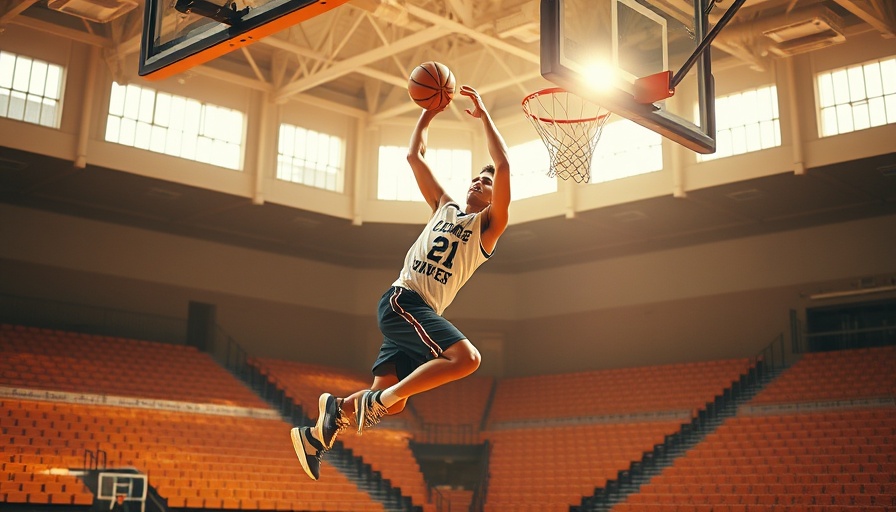
The Impact of the House v. NCAA Case
The anticipated House v. NCAA settlement marks a significant turning point not only in legal terms but also in addressing the complex dynamics of race and finance in college sports. For years, Black athletes, who represent over 55% of Division I men’s basketball and almost 50% of Division I football, have contributed immensely to the revenue streams of collegiate athletics while remaining largely uncompensated. This case seeks to correct that imbalance and bring much-needed economic justice to a system that has historically undervalued their contributions.
Why Economic Justice Matters
Understanding why this case is vital requires a look at the broader context of racial equity in sports. The business of college athletics is a multi-billion dollar industry. However, Black student-athletes have spent years working under a system that benefits institutions, while sidelining their own economic needs. With the potential settlement that could provide annual payments of up to $100,000, it isn't just about money—it's about recognition, respect, and the opportunity to uplift their communities.
The Stakes: Who Benefits?
One key focus of this case is on who stands to benefit the most from the proposed settlement. While all athletes would see positive outcomes, Black athletes are expected to gain the most significant benefits. The settlement aims to protect athletes from being exploited and acknowledges their role in the NCAA’s financial success. This historic case could pave the way for a more equitable landscape, drastically improving the quality of life for those coming from underprivileged backgrounds.
Counterarguments That Delay Progress
Despite the positive implications of the settlement, objections still loom. Attorney Laura Reathaford has raised concerns about delaying its implementation until all appeals are exhausted, which could stall financial benefits for years. This hesitation highlights the barriers that persist even in the face of potential progress. If this delay occurs, not only will it hold up payments to athletes, but it may also reinforce a system that thrives on economic disparities.
The Future of College Sports
As the case awaits final approval from the courts, the implications for future generations of college athletes hang in the balance. The recent discussions on athlete compensation, especially regarding their Name, Image, and Likeness (NIL) rights, indicate a shift in how college sports may operate moving forward. A successful settlement could redefine the athlete experience, enabling them to make informed financial decisions and invest in their futures while balancing their academic aspirations.
Making Informed Decisions
For young athletes watching this case, understanding its implications can help them navigate their paths ahead. Educating themselves about financial autonomy and the structural changes in college athletics enables them to advocate for their rights and future. This moment could spell a new era of opportunities that empower athletes, particularly those from marginalized communities.
Conclusion: A Call for Unity and Progress
The House v. NCAA case embodies the struggles and aspirations of Black college athletes. As this critical moment unfolds, it is essential to foster conversations around these issues to promote unity and understanding. As supporters rally for this settlement's success, it becomes clear that the outcome could bear witness to a more equitable future for all student-athletes.
 Add Row
Add Row  Add
Add 




Write A Comment